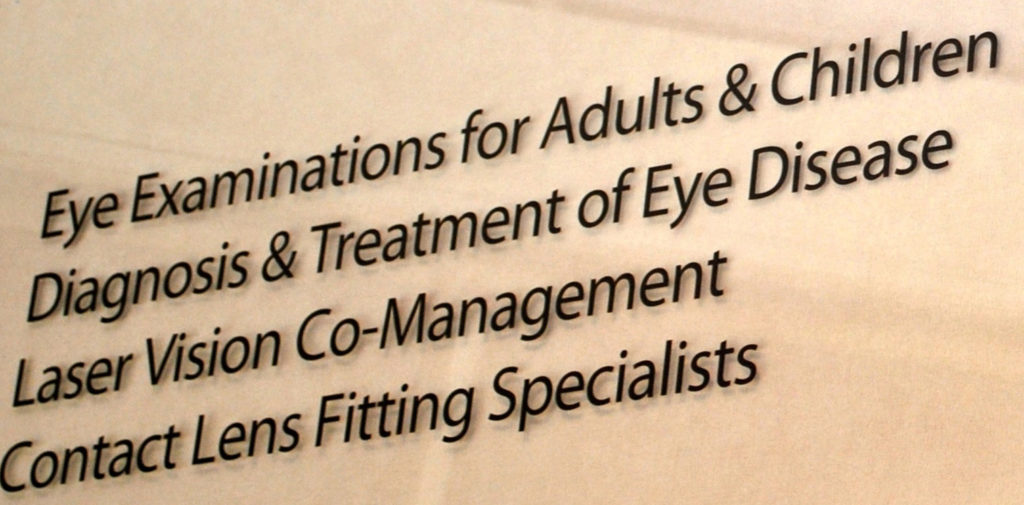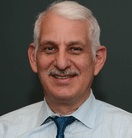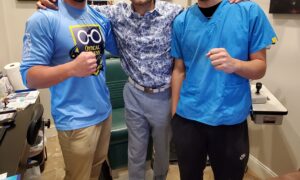
Be sure the terms you use with patients to describe what you, and your colleagues in the optical industry, do, communicate the message that you provide full-scope medical optometry.
S. Moshe Roth, OD, FCOVD
Jan. 25, 2017
The words we use are important. Are we, as ODs, using the right words to describe the full-scope services we, and our eyecare colleagues, provide to patients? It’s time to reevaluate the way we describe our services, and that of other ECPs.
Words not only communicate thoughts to others, but also speak to how we view ourselves, and how others view us. Old habits are hard to change. Despite the advances we have made technologically, we need to update our language to let patients know the full scope of what we can provide.
Our surgical counterparts have, for example, invented the term “EyeMD” to differentiate themselves, to stratify and to portray superiority. This speaks to the importance of words and terms. I propose we update our thinking, and at least four of the common terms we still use.
Eliminate Use of “Specialist”
ODs are vision specialists, but in New Jersey, where I practice, we cannot use the term “specialist.” We have the knowledge and skill set to treat the majority of our patients. A more appropriate term for retina specialist would be retinologist, and a better term for glaucoma specialist would be glaucoma surgeon. A corneologist would be a better term for someone who treats corneal problems primarily.
We use the term “endocrinologist” for someone who treats endocrine issues. At times we need to describe that that doctor treats diabetes, but we don’t usually allude to that type of doctor as a “diabetes specialist.” Similarly, we use the title “endodontist,” rather than a “root canal specialist.”
When we use the term “specialist,” it is counterproductive, and harms our full-scope optometric care message. It relegates us to a role of generalist or refractionist. I advocate that we practice to the highest level of care within our scope, and use words in describing ourselves and other ECPs that reinforce our ability to practice full-scope optometry.
Use “Vision Therapy” Instead of “Vision Training”
“Vision Training” has rightly been replaced by “Vision Therapy.” Vision Therapy is more descriptive, and in better alignment with the related disciplines of Occupational Therapy, Physical Therapy and Speech Therapy.
Say “Gas Permeable,” or “Oxygen Permeable,” Not “Hard Lenses”
To me, a “hard lens” is one that is made in PMMA material. “Oxygen permeable” or “gas permeable” is a much more descriptive and preferable term because its name identifies the benefit of oxygen permeability. Please note that I used the term GP, gas permeable, and not the term “rigid gas permeable (RGP).” The term “Rigid GP” was retired some 15-20 years ago by the Gas Permeable Lens Institute. No one wants to put anything into their eye, soft or hard, but especially not something “hard.” It hurts to just think about that.
“20/20 Acuity,” Not “20/20 Vision”
The term “20/20” is a measure of visual acuity, and not a measure of vision. Acuity is a component of vision, but in and of itself, it is not vision. Vision is a much broader term that includes binocularity, tracking, fixation, peripheral vision, color vision, figure-ground and the many other visual skills that children and adults need to succeed.
Using the term “vision” when we really mean acuity creates confusion for parents and children. It gives the false impression that central acuity is really the only thing that matters to the exclusion of the other factors. When driving, is it really important to be able to read a license plate? It is much more important to notice a car drifting into your lane, or someone not stopping at a stop sign. When reading, we use our peripheral vision to know how far to saccade to the next word, or how far back to move when reading the next line of print.
The terms we use reflect how we think of ourselves, and determine how patients think of us and the services we provide. Old habits die hard. But consider modifying your frame of thinking–including the words you use.
What terms do you now use with patients that you didn’t use in the past? What terms do you hear other ODs using that you wish they would stop using?
 S. Moshe Roth, OD, FCOVD, is the owner of Family Eye Care in Old Bridge, N.J. To contact him: eyedrroth@aol.com
S. Moshe Roth, OD, FCOVD, is the owner of Family Eye Care in Old Bridge, N.J. To contact him: eyedrroth@aol.com























